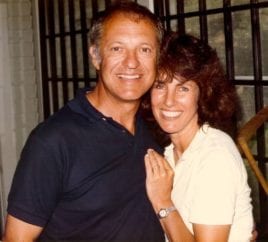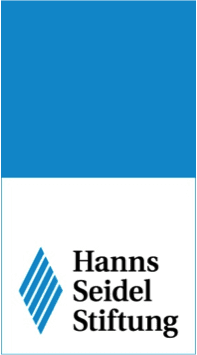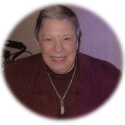The Arava Institute trained us in Compassionate Listening. Stepping into each other’s shoes, if only for a moment, created the empathy necessary for us to build community with each other.
LAUREN, AMERICAN, FALL 2009
All students and interns participate in a Peacebuilding Leadership Seminar (PLS), reflecting the Arava Institute’s mission to generate capacity-building for conciliation and cooperation, even during conflict. PLS participants engage in weekly dialogue sessions overseen by three facilitators (Israeli, Palestinian, International). Together, they discuss the Israeli-Palestinian conflict including its historical roots, the current situation as experienced by both sides, and possible futures. They share personal experiences and family stories from different sides in the conflict, raising universal questions about identity, national ideologies, power and privilege, coexistence and personal responsibility. In this process, students are challenged to examine critically their own views, cultural values and understanding of history.
Every student, no matter the country of origin, has the opportunity to contribute significantly to this ongoing dialogue. By engaging with these issues in a multi-cultural group setting, PLS participants develop competencies in intercultural understanding and empathy. The weekly dialogue sessions are enriched by guest speakers, films on the conflict, and an intensive mid-semester trip. Workshops on storytelling, active listening and other communication skills help students in the PLS dialogue process, and contribute to developing respectful interactions within the student community.
PLS is not meant to lead to political agreement among the participants. In fact, the open dialogue reveals many ideological differences within the Conflict, as reflected by the students themselves. In PLS, we explore how to live within these differences, as individuals and groups. This builds on the Arava Institute’s belief that the social and political relationships within and between groups in this region have a significant influence on environmental practices, public policies, and grassroots activism. PLS takes advantage of the Arava Institute’s own community as a microcosm of the region, building the tools and understanding necessary to foster environmental sustainability, social justice and respect in the broader society.
This seminar is not for academic credit.
Facilitators: Lior Yom-Tov and Sarah Perle Benazera
This program is made possible by the support of the Glickman Family Foundation.

He had clear values and pursued them. This differentiates crucial priorities from attractive clutter – the necessities from the desires.
Because he was able to listen, and because he valued people, he was able to find a solution which met everyone’s needs. He didn’t worry about negotiating away the whims.
This made him quite endearing – he had many, many people who referred to Al as their best friend.
He is remembered for his love of family and his generous nature.
THE HANNS SEIDEL FOUNDATION

The HSF sees its contribution to “The Irmgard Baum Peace Building Leadership Seminar” also as a natural and necessary continuation of German history and responsibility. Irmgard Baum, a German Holocaust survivor and refugee, used part of the German government reparation money to support the Arava Institute for Environmental Studies, which addressed her concerns for peace, democracy, the environment, and the creation of mutual understanding between people.
As a German political foundation, the HSF acknowledges the German past and places importance on its special responsibility for the existence and security of the State of Israel. This can be achieved by continuing Irmgard Baum’s legacy as a Jewish Holocaust survivor and her solid support for values of peace, democracy, and coexistence.
Please click here to read more about the foundation’s commitment to peace, democracy, and environmental regional cooperation.
IRMGARD BAUM

Working initially as a live-in domestic to a Jewish family, in Erie, she moved to New York City where she took up employment in Welbilt Corporation and rose to the position of Controller of this prominent appliance manufacturing company.
In her later life, Irmgard invested much time and generosity into her synagogue congregation, Temple Anshe Hesede, in Erie. A committed and active community member she created the Baum Family Endowment which today funds High Holiday music, Scholars in Residences programs, in addition to youth programs that focus on the importance of philanthropy.
In 2005, Irmgard learned about the Arava Institute through conversations and visits with students and representatives from the Arava Institute. Although suffering from a terminal illness she decided that the combination of environmental studies, research programs, and initiatives for peace in the region were important to her.
Irmgard committed $1.5 million, her assets from war reparation payments, to supporting scholarships for future students and transboundary environmental projects at the Arava Institute. Her enthusiasm lives on with the 2008 establishment of the Irmgard Baum Peace Building and Environmental Leadership Seminars.
